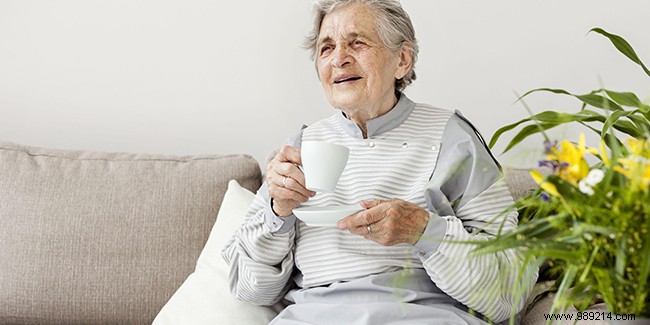
With aging, the elderly lose their autonomy and find it difficult to perform daily activities. However, a majority of them want to continue living at home. Home care made possible provided it is well organized.
Arranging your home so that you can continue to live there is one of the necessary conditions for properly organizing the care of an elderly person at home. Indeed, with age, housing can quickly become unsuitable.
The installation of a handrail in a hallway or on a staircase, for example, may be necessary and even recommended to secure and help an elderly person to keep his balance and avoid falls. A stairlift can also make life easier for an occupant with a loss of autonomy who lives in a dwelling with floors and who wishes to remain at home.
The bathroom is a room that also requires a specific layout to help an elderly person stay at home. Replacing a bathtub with a walk-in shower, for example, helps to make life easier for its occupant and above all to secure this room.
By fitting out a home, we also mean the acquisition of suitable materials that help an elderly person stay at home by making it easier for them to move around (walker, wheelchair, cane, etc.), but also objects from new technologies. Thus, home automation makes it possible, for example, to manage a home in an automated way (automatic switching on of a hallway, centralized opening of roller shutters, etc.), so many functions that help the daily maintenance of elderly people with loss of energy at home. autonomy.
Properly organizing the care at home of an elderly person with a loss of autonomy also and above all means providing home help. Whether it's shopping, helping the person get dressed or even preparing meals, calling on home help services, in addition to accompanying loved ones, greatly facilitates the home support.
Benefiting from home help can also take the form of the intervention of home nursing services, such as the SSIAD or private nurses for example.
The remote assistance services that allow an elderly person who lives alone in their home to contact a telephone platform 24 hours a day in the event of a fall or illness, are also services that provide security for the elderly and help them stay at home.
The National Housing Agency (Anah) can provide financial assistance for the carrying out of various accommodation works in order to help elderly people stay at home. This aid concerns both owners who occupy their accommodation and those who rent it. Depending on the conditions of resources, this financial aid can cover between 35% and 50% of the total amount of the work, excluding tax.
Elderly people who benefit from the personalized autonomy allowance (APA) have the possibility of using their allowance to finance equipment that helps to facilitate their living at home. Some pension funds or complementary health insurance also have financing for the same purpose.
The APA can under certain conditions also be used to finance a home help service, as well as financial aid offered by pension funds or complementary health insurance. Elderly people who live at home can also benefit from tax assistance in the form of a tax credit.